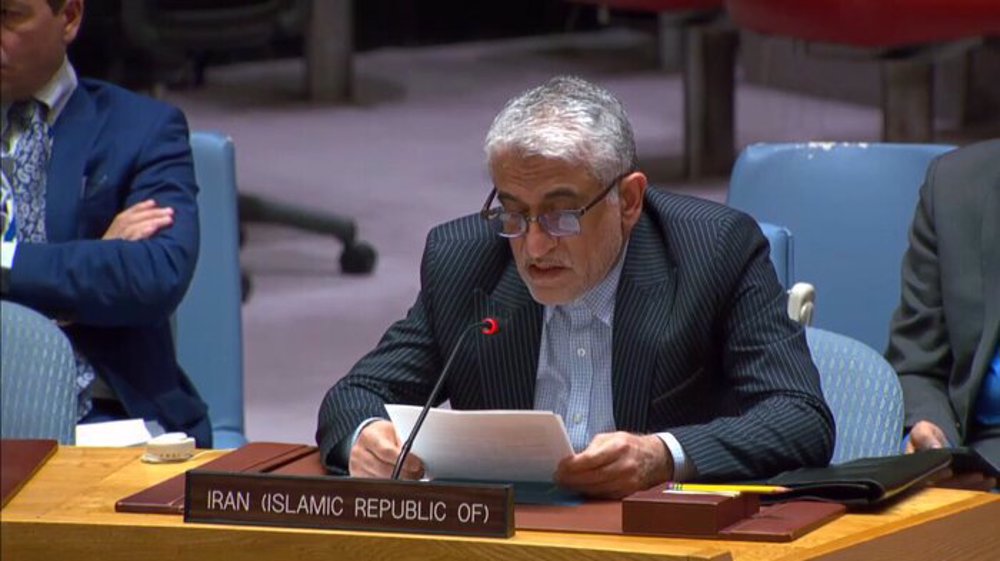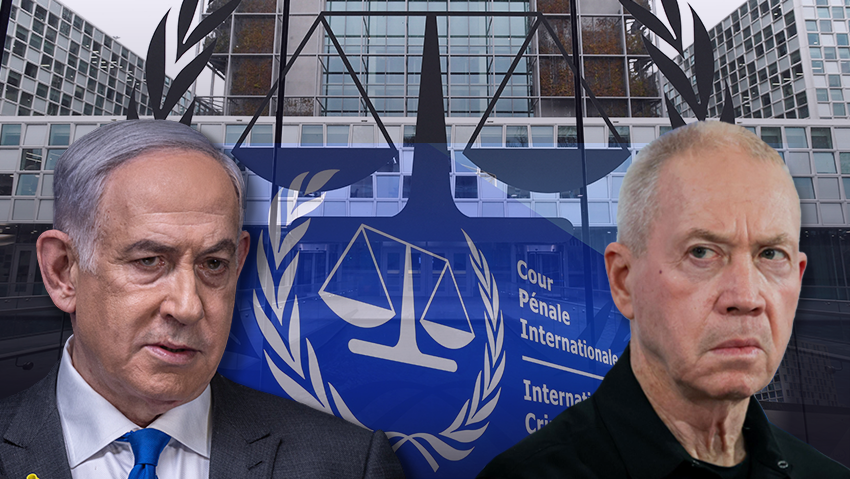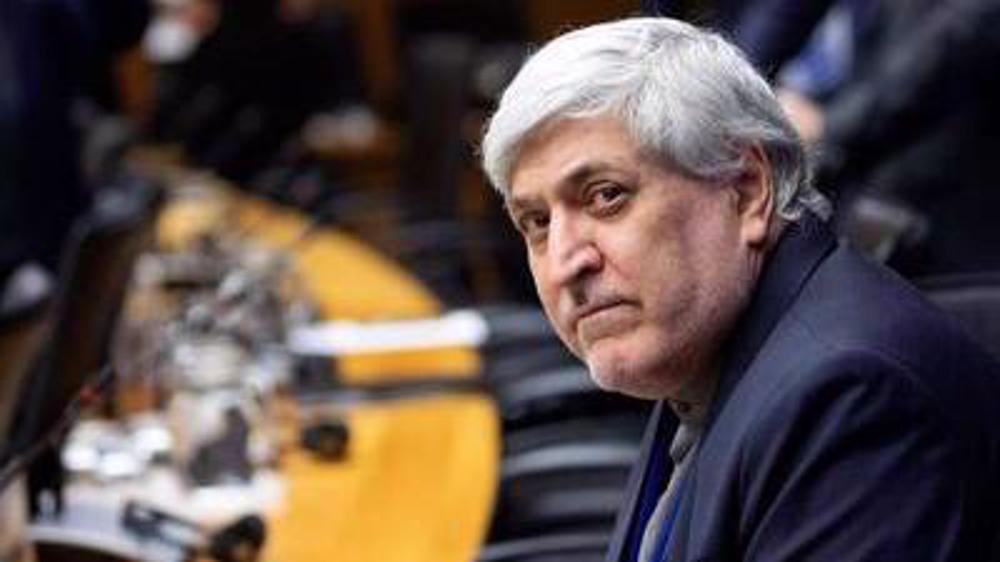Claims that Iran seeking nuclear bomb big lie: Foreign Ministry
Iran’s Foreign Ministry has rejected as a "big lie" claims that the Islamic Republic has sought to develop a nuclear bomb.
The claim that "Iran has been on the verge of obtaining a nuclear bomb is a big lie,” Iranian Foreign Ministry Spokeswoman Marzieh Afkham said on Thursday.
“US officials, under pressure from Zionist lobbies, occasionally make baseless and exaggerated remarks with regard to Iran’s nuclear program,” Afkham said.
“The Islamic Republic of Iran has never sought to obtain a nuclear bomb and will never do so based on the Leader of the Islamic Revolution Ayatollah Seyyed Ali Khamenei's fatwa and its defense doctrine,” she added.
On February 22, 2012, Ayatollah Khamenei said the Islamic Republic considers the pursuit and possession of nuclear weapons “a grave sin” from every logical, religious and theoretical standpoint.
Afkham's remarks came in response to Wednesday's claims by US Secretary of State John Kerry, who alleged that Iran "was already enriching uranium to the level of 20 percent, which is just below weapons-grade."
The US secretary of state went on to say that the recent agreement between Iran and the P5+1 “will prevent Iran from obtaining the fissile material for a bomb.”
“Without this agreement, Iran could continue expanding its stockpile of enriched uranium, which is now more than 12,000 kilograms – enough, if further enriched, for multiple bombs,” Kerry added.
Reacting to Kerry’s remarks that sanctions “brought people to the table,” Afkham stressed, “It was Iran’s diplomacy that proved the inefficiency of the sanctions and compelled the US to come to the negotiating table.”
She further noted that US officials’ confession that the sanctions against Iran have proved inefficient has been one of the diplomatic achievements of the nuclear talks for Tehran.
“The fact is that it wasn’t either sanctions or threats that actually stopped and finally stopped the expansion of Iran’s nuclear activities,” Kerry said in his Wednesday remarks.
On July 14, Iran and the P5+1 countries – the United States, Britain, France, China, Russia and Germany – finalized the text of the nuclear agreement dubbed the Joint Comprehensive Plan of Action (JCPOA) in the Austrian capital, Vienna.
Under the JCPOA, limits will be put on Iran’s nuclear activities in exchange for, among other things, the removal of all economic and financial bans against the Islamic Republic.
Condemnation of Sana’a bomb blasts
Afkham also condemned two bomb blasts that targeted a Shia mosque in the Yemeni capital, Sana’a, killing at least 28 people on Wednesday.
Yemen’s Health Ministry said that scores of people also sustained injuries after the blasts targeted the al-Moayed Mosque in the Yemeni capital.
Afkham said the Yemeni people are the target of inhumane attacks by both Saudi Arabia and terrorist groups.
“Today, no region in Yemen has remained immune from war and vindictive attacks” and an all-out pressure has been placed on the country's Muslim people to force them to surrender to the aggressors.
She also expressed regret over the killing of two aid workers registered with the International Committee of the Red Cross who were shot dead by gunmen in northern Yemen.
Afkham also called on the international community to play an effective role in addressing the humanitarian crisis in the impoverished Arab country, and urged an end to the relentless aggression against Yemen.
Saudi Arabia launched its military aggression against Yemen on March 26. Nearly 4,500 people have been killed in the Yemeni conflict, the World Health Organization said on August 11. Local Yemeni sources, however, say the fatality figure is much higher.
Humans of Gaza: 33-year-old footballer Ramzi Al-Safadi killed with brother
‘We’ll rebuild homes, lives’: Lebanese people displaced by war vow to return home
Ex-US Army officer and Press TV analyst Scott Bennett dies at 53
IRGC: 76 terrorists killed, captured during anti-terror drills in southeast Iran
VIDEO | ICC arrest warrant for Netanyahu
Italian court rules al-Quds cannot be Israel’s ‘capital’
Starbucks closes 50 stores in Malaysia amid anti-Israel boycott drive
Israeli arms firm loses its ‘biggest contract’ as UK revokes contract










 This makes it easy to access the Press TV website
This makes it easy to access the Press TV website